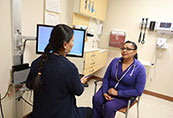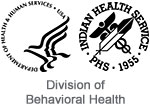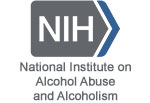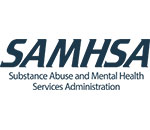Diabetes Standards of Care and Resources for Clinicians and Educators
Alcohol and Other Substance Abuse
Substance abuse disorders can complicate the course of diabetes. American Indian/Alaska Native (AI/AN) people have high rates of alcohol and drug abuse disorders which take a significant toll on individuals, their families, and their communities. However, there are many effective treatment and support strategies to help individuals overcome substance abuse.
Resource Links
Diabetes Care Topics
Recommendations At-a-Glance
for All Topics
for All Topics
» Online version
» Print version [PDF – 269 KB]








